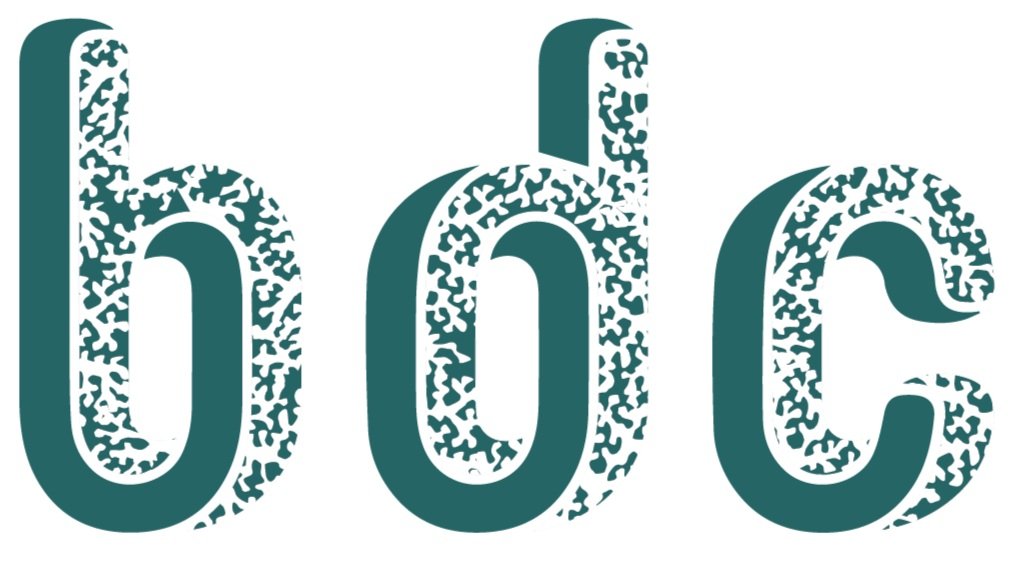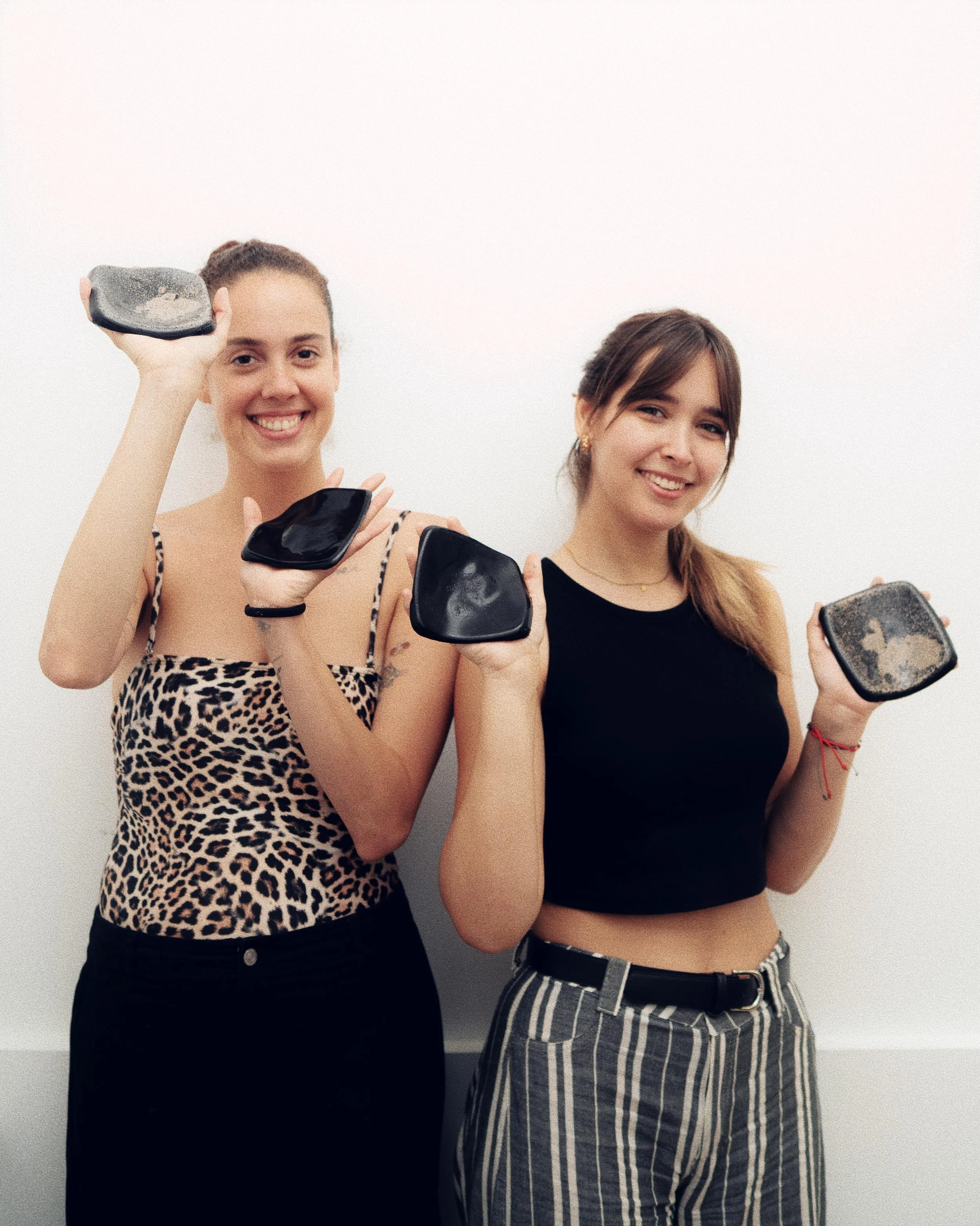LCI Barcelona
PROJECTS 2025
TIDE
finalist project
Valeria Boetsch, Julia Benichio Hermosa
TIDE is a design project reimagining surf wetsuits through the Blue Economy by using biomaterials that actively protect the ocean. Responding to plastic pollution, TIDE integrates activated charcoal and seaweed to create textiles that meet surfers’ functional needs while filtering water pollutants. Research and prototypes show these materials resist degradation, maintain flexibility, and provide environmental benefits. Inspired by surfers’ deep connection to the sea, TIDE aims to create wetsuits that transcend sustainability, promoting regeneration, high performance, and a strong sense of identity, fostering a harmonious relationship between wearer and ocean.
Caducifolium
Nonfinalist project
Laia Badia Pubill
Caducifolium is a modular fashion design proposal that reimagines clothing production and consumption through biodegradable biomaterials. Made from gelatin, vegetable glycerin, and natural dyes, each circular module can be assembled, melted down, and reshaped—eliminating waste and rejecting the idea of a “final” garment. This regenerative system embraces transformation and longevity, allowing garments to evolve over time. Drawing inspiration from Dadaism, Hannah Arendt, 1960s futurism, and the notion of perishability as value, Caducifolium offers a sustainable, low-tech, and accessible approach to fashion. It reduces environmental impact while fostering emotional connection, freeing consumers from guilt amid the climate crisis.
Transhumant Futures
Nonfinalist project
Zaira Molina Catalán, Elsie Dantart Puig, Abril Grau Gómez, Maria Fernanda Moreno Cacua, Maria Camisón Herrera
Transhumant Futures envisions a sustainable response to the fashion industry’s environmental impact amid rising climate instability and shifting microclimates. The project explores the potential of underutilized Spanish merino wool—once prized but now in decline due to warmer temperatures—by combining it with agar-agar, a biodegradable biopolymer derived from seaweed. This fusion creates a flexible, compostable material that reclaims the value of local resources while addressing global ecological challenges. Rooted in regenerative, artisanal practices, Transhumant Futures offers a timely, place-based alternative to fast fashion, encouraging adaptability, circularity, and responsibility in material culture as climates and consumption patterns evolve.
Instructors 2025
Nicolás Markuerkiaga is an architect and educator with a practice grounded in both design and research. In 2010, he founded ZAGA Arquitectura, a platform that explores architecture through multiple dimensions including building design, renovation, public space, competitions, and academia. Through ZAGA, he has led numerous architectural and urban design projects. He is a member of the Ryder Alliance since 2014, a global network focused on knowledge exchange and collaboration among architectural firms. Nicolás teaches at LCI Barcelona, where he is part of the academic team for the Master's in Experiential Interior Design and the Bachelor's in Interior Design. He is currently completing his doctoral thesis at the Polytechnic University of Catalunya (UPC). His work has been featured in publications such as ON Diseño, Concept Magazine, Arquitectura y Diseño, AD, AT, Open House Magazine, and DAU. He has lectured at institutions across Europe and South America, including Strathclyde University (Glasgow), Moderna Museet (Stockholm), Cardiff University (Wales), and Universidad Finisterrae (Santiago de Chile).
Micaela Clubourg is a fashion designer, educator, and sustainability practitioner with a Master’s in Sustainable Fashion and Technology. Her work focuses on circular design, ethical production, and the integration of artisanal techniques throughout Latin America and Europe. She teaches at LCI Barcelona, where she supports students in combining sustainability with innovation through textile experimentation and regenerative business models. Her interdisciplinary practice bridges traditional craft, contemporary design, and sustainable systems thinking.















































